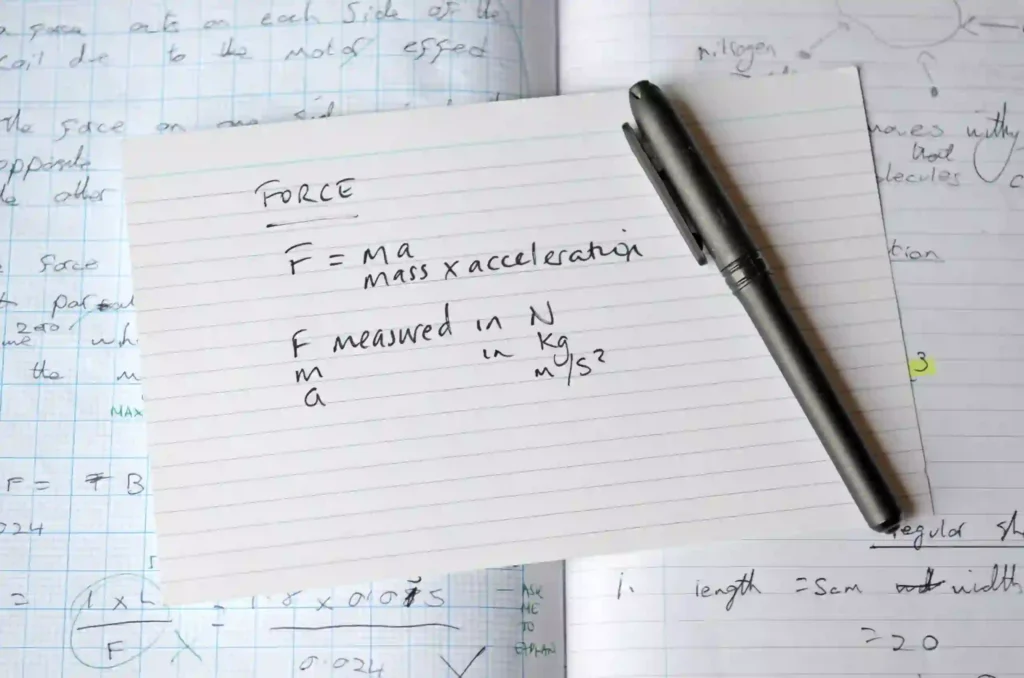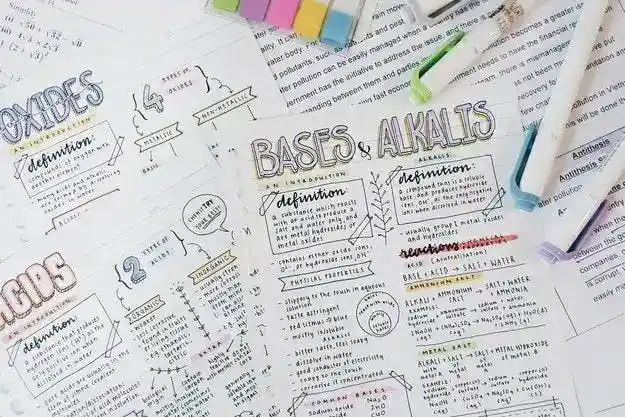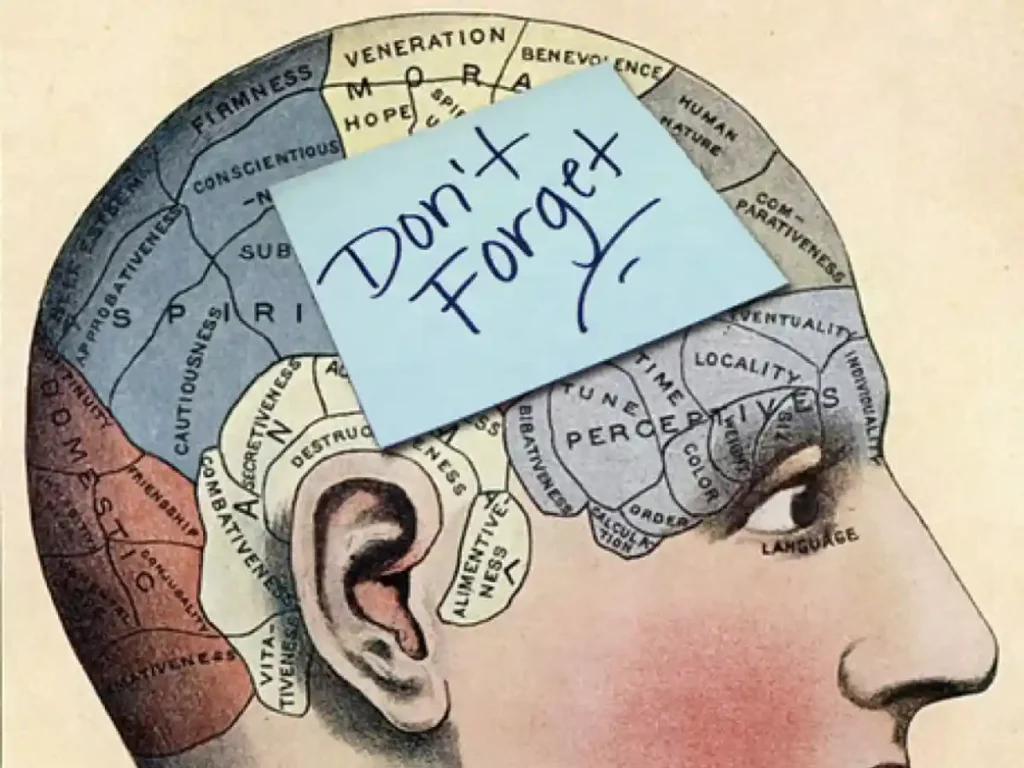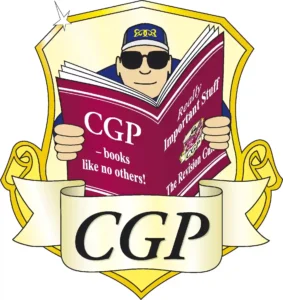Overview
This page is split into 2 sections:
Section 1 – General GCSE Science Revision Tips
Section 2 – GCSE Science Revision Methods Debunked for Grades 5-7 and 7-9
Section 1: General GCSE Science Revision Tips
1. Create a Revision Timetable
A revision schedule is key to tackling the mass of content in GCSE Triple Science. By allocating specific times to each subject (Biology, Chemistry and Physics) you won’t miss anything out. Start by identifying your weaknesses and allocate more time to those subjects.

Make sure to include breaks and review sessions. Online tools like Google Calendar or apps like MyStudyLife can help you create a clear and balanced schedule. Stick to this and you’ll improve your time management and reduce exam stress as your revision will feel more structured and effective. Effective revision techniques, such as using past papers and flashcards, can further enhance your understanding and retention of key concepts.
2. Active Recall & Spaced Repetition
Revision techniques such as active recall and spaced repetition are essential for effective studying. Active recall is testing your memory rather than just reviewing your notes. Use study notes or quiz apps to regularly test your understanding of key concepts. This works particularly well with scientific terminology and formulas in Physics and Chemistry. Spaced repetition is reviewing information at increasing intervals of time. By revisiting content a few days after you learned it you’ll lock it into long term memory. Try to incorporate these into your daily routine and you’ll retain complex information much better.
3. Flashcards and Online Tools

Flashcards are a great way to memorise key terms, definitions and formulas in GCSE Triple Science. Platforms like Anki and Quizlet allow you to create digital flashcards that you can take with you. For example you can create flashcards for chemical reactions in Chemistry or body systems in Biology. Visual learners can also include images or diagrams in flashcards to help them visualise information better. Websites like BBC Bitesize and Seneca Learning also have interactive tools and quizzes to help reinforce learning and revise effectively.
4. Exam Practice and Past Papers
Exam preparation is key to GCSE Science revision as it helps you understand the format and style of exam questions. Try to do as many past papers as you can for each subject. Review the mark schemes thoroughly, focusing on how examiners award marks for specific answers. Pay particular attention to command words like “explain”, “describe” or “evaluate”. This will improve your timing and exam technique and you’ll be well prepared for the actual exam.
5. Exam Structure
Each subject in GCSE Triple Science (Biology, Chemistry and Physics) has a structured exam format with papers split into different tiers (Foundation and Higher) set by the exam board. Knowing the exam structure, including the types of questions you’ll see – multiple choice, short answer and extended response – is key to revision. Also knowing how marks are allocated across topics means you can focus on high yield areas which is really helpful for time management during revision and exam day.
6. Break Down Complex Topics
Some topics in GCSE Triple Science are tough, like genetics in Biology, organic chemistry or electromagnetism in Physics. Breaking these down into smaller, more manageable chunks makes them easier to study. Start with the basics and build up by linking ideas. For example when studying organic chemistry start with functional groups before moving on to complex reactions. Mind maps, diagrams, flowcharts, and revision books can be helpful tools to simplify these dense areas of content.
7. Ask for Help

Don’t be afraid to ask for help when you get stuck. Talk to your teachers, attend after school revision sessions or join study groups with your friends / classmates. Or use online tutoring platforms for extra support. Asking for help will prevent you from falling behind and will give you more confidence in areas you’re not as strong in. Also ask for feedback on mock exams or practice questions to identify your weaknesses. You can also visit The Student Room to engage with peers and educators, check previous questions and answers, and ask your own questions.
8. Note Taking Techniques

Revision notes are a skill that will help you throughout your revision. Instead of just copying information, engage with the content by summarising it in your own words, using bullet points and highlighting key terms. Organise your notes by topic and include diagrams to help visualise information. Use colour coding to categorise different sciences or highlight important equations and facts. This will make it easier to review and absorb information when you come to revise later. Cornell notes or the SQ3R method are popular note taking techniques that can help you structure your learning.
9. Understanding the Exam Format
Understanding the exam format is crucial for GCSE Science. Familiarise yourself with the exam structure (types of questions, time limits, etc). Knowing what to expect on exam day can help reduce anxiety and improve your performance. Start by checking the exam board’s website for detailed information on the exam format and content. Review past papers and mark schemes to understand the types of questions and how they are marked. Practice under timed conditions to simulate the actual exam experience. This will not only help you manage your time better but also make you more comfortable with the exam setting.
10. Managing Your Time Effectively

Effective time management is essential for revising GCSE Science so that you don’t end up wasting countless hours. Create a revision timetable that allows you to balance your time. Prioritise your revision sessions, focusing on the most challenging topics and allocating sufficient time for each subject. Set realistic goals and deadlines for your revision sessions to keep yourself on track. Use a planner or calendar to schedule your revision sessions and stick to it. Remember to take regular breaks to avoid burnout and maintain focus. By managing your time effectively, you can ensure that you cover all the necessary material without feeling overwhelmed.
Section 2: GCSE Triple Science Revision Myths Debunked 🤯
For Grades 5-7:
1. Cramming is the best way to revise GCSE Triple Science:
Cramming is not the most effective way to revise for GCSE Triple Science. It is better to spread out revision over a longer period of time and focus on understanding the topics. This also helps your GCSE Science tutor to cover everything in alignment with your revision and your personal learning style.
2. GCSE Triple Science is all about memorising facts:

Science is not just memorising facts, but also understanding the concepts behind them. Understanding the concepts is the key to success in GCSE Triple Science.
3. All you need is practice questions:
Using the right revision technique is essential to help you apply your conceptual knowledge, but without learning the content, it’s useless. Learn the key concepts first using flashcards, your own notes or revision booklets then face those practice/past papers! If you’re really struggling with the concepts, ask your GCSE Science tutor to help.
4. You don’t need to ask for help:
Asking for help when you are stuck is essential in order to help you understand the topics. You can ask your teacher or a GCSE Science tutor for help if you are stuck. Our GCSE Science tutors boost student’s grades by 2 minimum, so why not join hundreds of other students in accelerating your progress?
For Grades 7-9:
1. You should just memorise the mark scheme for GCSE Triple Science past papers
Yes this helps, but knowing the content too interposed with knowing the mark scheme for high demand exam questions could be your winning formula!
2. CGP books are useless

Nope, they have a grade 7-9 edition so they are an excellent resource, much like our Free GCSE Grade 7-9 Revision Guide.
3. Do all GCSE Triple Science past papers ASAP!
Well no, you’re better off leaving the most recent past papers until the end (March/April). Try to exhaust all other mock papers, practice papers, ‘predicted’ papers and resources from your tutor/teacher. Doing the most recent past papers closer to your exam date will help you mimic exam conditions as well as see where you’re at.
4. Cover the content in the order that you find it difficult or the order it is in the textbook.
This is partly correct, partly wrong. Master your weakest topics first, then the high demand topics (the ones the exam boards LOVE testing) then the remaining topics – even the ones you find easy.
Why practise content you find easy I hear you say? Well, a striker still has shooting practice even if he’s top scorer in the league, so always stay sharp and on top of things!
Revision and practice will build confidence in yourself, and so it’s this confidence that can do wonders and mean that you can face GCSE Science exam questions with ease. It doesn’t happen overnight, but managing your distractions, effective revision strategies and being familiar with the content like the back of your hand will help you prepare for GCSE Science exams!

